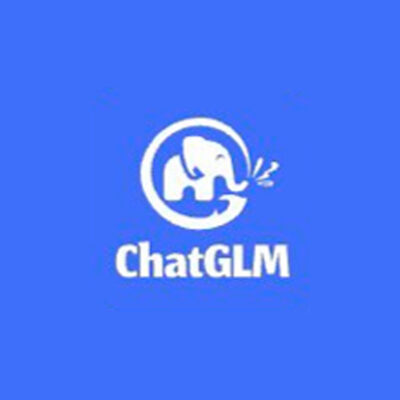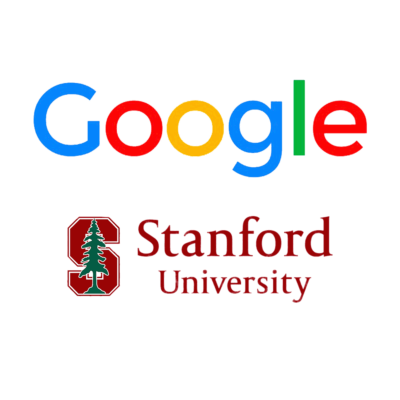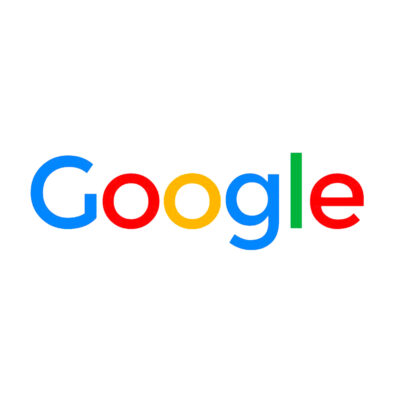Compare Models
-
Stanford University
Alpaca
FREEStanford University released an instruction-following language model called Alpaca, which was fine-tuned from Meta’s LLaMA 7B model. The Alpaca model was trained on 52K instruction-following demonstrations generated in the style of self-instruct using text-davinci-003. Alpaca aims to help the academic community engage with the models by providing an open source model that rivals OpenAI’s GPT-3.5 (text-davinci-003) models. To this end, Alpaca has been kept small and cheap (fine-tuning Alpaca took 3 hours on 8x A100s which is less than $100 of cost) to reproduce. All training data and techniques have been released. The Alpaca license explicitly prohibits commercial use, and the model can only be used for research/personal projects, and users need to follow LLaMA’s license agreement. -
ChatGLM
ChatGLM-6B
FREEResearchers at the Tsinghua University in China have worked on developing the ChatGLM series of models that have comparable performance to other models such as GPT-3 and BLOOM. ChatGLM-6B is an open bilingual language model (trained on Chinese and English). It is based on General Language Model (GLM) framework, with 6.2B parameters. With the quantization technique, users can deploy locally on consumer-grade graphics cards (only 6GB of GPU memory is required at the INT4 quantization level). The following models are available: ChatGLM-130B (an open source LLM), ChatGLM-100B (not open source but available through invite-only access), and ChatGLM-6 (a lightweight open source alternative). ChatGLM LLMs are available with a Apache-2.0 license that allows commercial use. We have included the link to the Hugging Face page where you can try the ChatGLM-6B Chatbot for free. -
Google, Stanford University
Electra
FREEELECTRA (Efficiently Learning an Encoder that Classifies Token Replacements Accurately) is a transformer-based model like BERT, but it uses a different pre-training approach, which is more efficient and requires less computational resources. It was created by a team of researchers from Google Research, Brain Team, and Stanford University. ELECTRA models are trained to distinguish “real” input tokens vs “fake” input tokens generated by another neural network (for the more technical audience, ELECTRA uses a new pre-training task, called replaced token detection (RTD), that trains a bidirectional model while learning from all input positions). Inspired by generative adversarial networks (GANs), ELECTRA trains the model to distinguish between “real” and “fake” input data. At small scale, ELECTRA achieves strong results even when trained on a single GPU. At large scale, ELECTRA achieves state-of-the-art results on the SQuAD 2.0 dataset. Go to GitHub where you can access the three models (ELECTRA-Small, ELECTRA-Base and ELECTRA-Large). -
Google
FLAN-T5
FREEIf you already know T5, FLAN-T5 is just better at everything. For the same number of parameters, these models have been fine-tuned on more than 1,000 additional tasks covering more languages – the NLP is for English, German, French. It has Apache-2.0 license which is a permissive open source license that allows for commercial use. With appropriate prompting, it can perform zero-shot NLP tasks such as text summarization, common sense reasoning, natural language inference, question answering, sentence and sentiment classification, translation, and pronoun resolution. -
Google
Flan-UL2
FREEDeveloped by Google, Flan-UL2, which is a more powerful version of the T5 model that has been trained using Flan, and it is downloadable from Hugging Face. It shows performance exceeding the ‘prior’ versions of Flan-T5. With the ability to reason for itself and generalize better than the previous models, Flan-UL2 is a great improvement. Flan-UL2 is a machine learning model that can generate textual descriptions of images and has the potential to be used for image search, video captioning, automated content generation, and visual question answering. Flan-UL2 has an Apache-2.0 license, which is a permissive open source license that allows for commercial use.If Flan-UL2’s 20B parameters are too much, consider the previous iteration of Flan-T5, which comes in five different sizes and might be more suitable for your needs. -
LMSYS Org
Vicuna-13B
FREEVicuna-13B is an open-source chatbot developed by a team of researchers from UC Berkeley, CMU, Stanford, MBZUAI, and UC San Diego. The chatbot was trained by fine-tuning LLaMA on user-shared conversations collected from ShareGPT. There is a 13B and 7B parameter models that are available on Hugging Face.
Vicuna-13B achieves more than 90% quality of OpenAI ChatGPT and Google Bard while outperforming other models like LLaMA and Stanford Alpaca in more than 90% of cases. The code and weights and an online demo are publicly available for non-commercial use. Here is a link to learn more about how it compares to other models – https://lmsys.org/blog/2023-03-30-vicuna/.
To use this model, you need to install LLaMA weights first and convert them into Hugging Face weights, and the cost of training Vicuna-13B is around $300.






